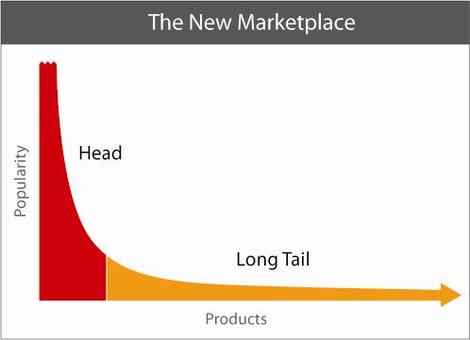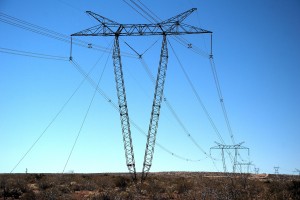The Manovich reading for this week looked at the differences between narrative form and database form. (According to the reading database form ‘is defined as a structured collection of data. The data stored in a database are organised for fast search and retrieval by a computer…’)
It contends that narrative form (as commonly found in video and print mediums) belongs to the modern age and that database form (found in ‘new media technologies’ i.e. computers) essentially belongs to the post-modern age. These different forms of ‘cultural expression’ are starkly dissimilar due to the fact that databases ‘do not tell stories; they don’t have a beginning or end; in fact, they don’t have any development, thematically, formally or otherwise, that would organise their elements into a sequence. Instead, they are collections of individual items, where every item has the same significance as any other.’ For example, the internet, or even a single web page encapsulates database form as they are simply ‘a sequential list of separate elements: text blocks, images, digital video clips, and links to other pages’. And because the internet always allows for users to add new elements to a page at any point in time, there is never one start, nor one end, only ‘middle’. This ‘openness’ differentiates it from film or print; because of the physical limitations these mediums present they must finish at some point and thus be ‘complete’ in themselves.
Ultimately the internet can be thought of as collection of information… a collection that has the potential to keep growing forever.




